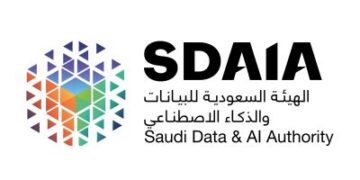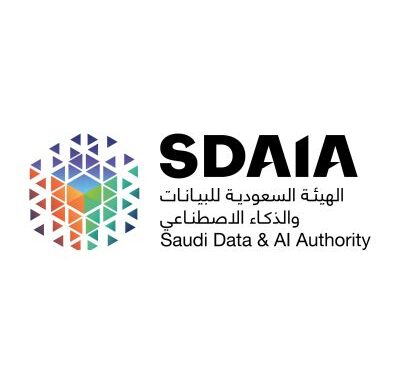Saudi Arabia’s unveiling of a ground-breaking AI Adoption Framework during the Global AI Summit highlights its intent to become a leader in artificial intelligence, a goal underpinned by ethical innovation. As the United States refines its own AI policies, this initiative offers valuable lessons on how to balance rapid technological advancement with accountability and public trust.
The framework’s establishment of 23 AI offices within government agencies exemplifies a deliberate strategy to integrate AI into critical sectors. This focus on embedding AI at the institutional level parallels ongoing U.S. efforts to leverage AI in defense, healthcare, and public infrastructure, ensuring these technologies align with broader societal objectives.
Unlike approaches that prioritize speed over substance, Saudi Arabia’s framework adopts a phased implementation. It begins with foundational steps—such as identifying key priorities and conducting readiness assessments—to ensure AI adoption aligns with an organization’s unique challenges and opportunities. The emphasis on gradual scaling and adaptation could serve as a blueprint for the U.S. to address the complexities of deploying AI in diverse industries while maintaining oversight.
A notable feature of the framework is its strong ethical foundation, rooted in principles of transparency, accountability, and respect for human rights. Its tiered maturity model, which guides organizations from basic to advanced AI integration, ensures that ethical considerations are woven into every stage of implementation. For the United States, grappling with concerns over bias, data privacy, and misinformation in AI systems, such an approach offers a way to foster innovation without compromising public trust.
Furthermore, Saudi Arabia’s investment in data infrastructure and workforce training reflects a recognition that technology alone is not enough. By equipping its citizens with the skills to harness AI responsibly, the Kingdom is building the foundation for sustainable growth. For the U.S., with its focus on expanding AI literacy and closing STEM skill gaps, this approach underscores the importance of prioritizing people alongside technology.
The framework also highlights the role of government in guiding AI innovation through clear standards and proactive oversight. By identifying impactful use cases and driving cross-sector collaboration, Saudi Arabia aims to maximize the benefits of AI while minimizing risks. This mirrors U.S. discussions around establishing federal guidelines for AI deployment to ensure consistency and accountability.
As AI continues to reshape global economies, Saudi Arabia’s approach demonstrates that leadership in AI requires more than technological prowess; it demands a commitment to ethics, inclusivity, and shared progress. For the United States, engaging with global strategies like Saudi Arabia’s can spark new ideas and collaborations, ensuring that the transformative potential of AI serves humanity at large.
You can read it here





























































